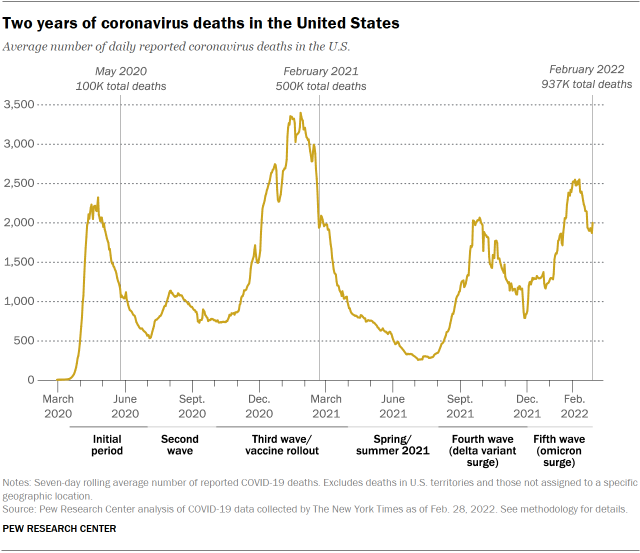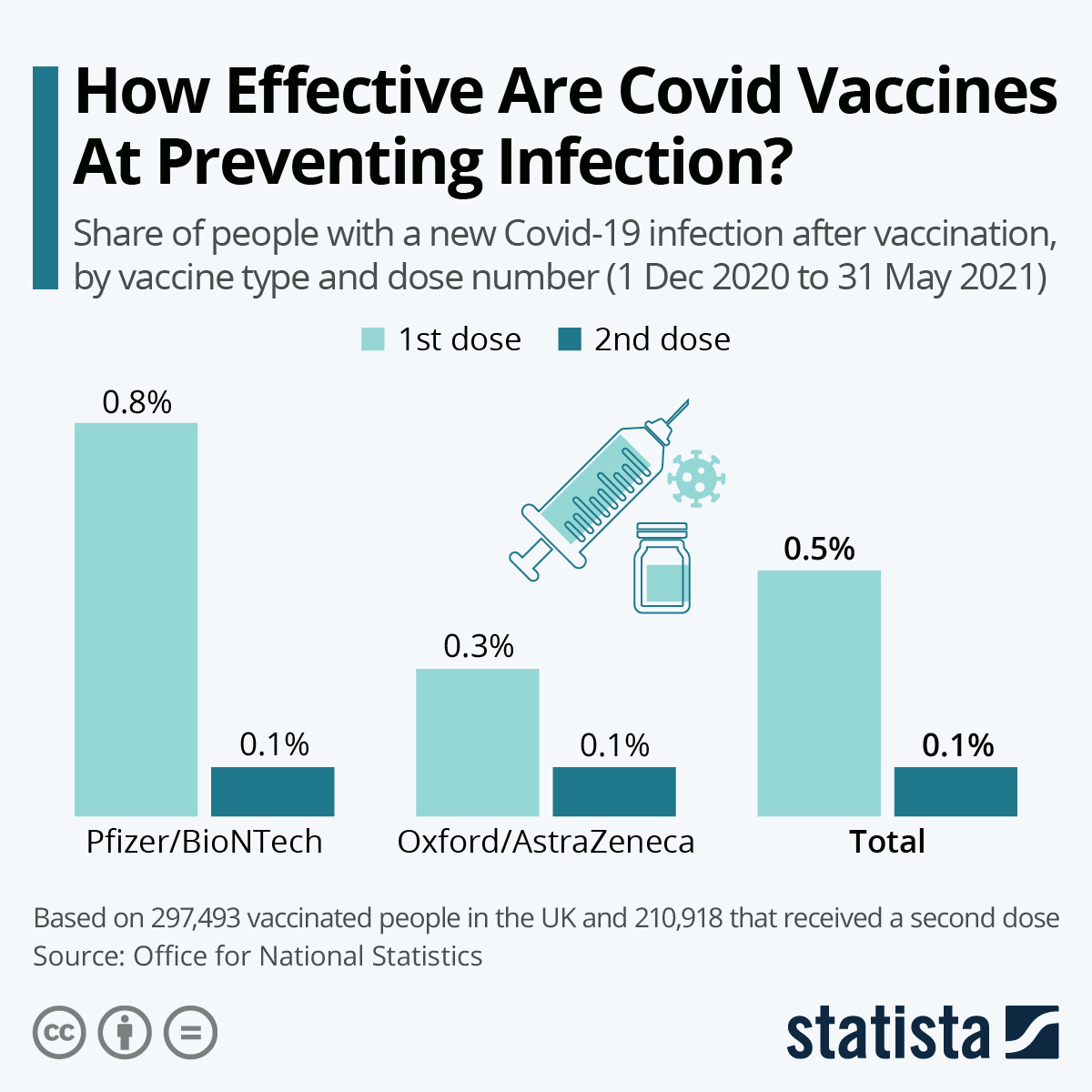Why the USA Needs to Vaccinate the World
Looking at a graph of daily deaths from Covid-19 over time, you can trace every single peak to the emergence of a new variant:

Although the initial wave decimated the US, each subsequent variant—Delta, Omicron, and the new BA.2 variant has surged through the population, despite the fact that over 66% of the US population is vaccinated (at the time this was written). And worse, each new variant has brought hundreds of thousands of deaths, bringing the total death toll in the USA up to 1 million. Yet, one of the most effective, yet most overlooked, ways we can prevent future Covid cases, here in the states, is by ensuring that other countries all around the world get vaccinated.
For one, we don’t need all these vaccines. As vaccination rates have gone stagnant, the unvaccinated are unlikely to be convinced to get inoculated. Vaccine mandates have been effective in getting people to get vaccinated, but the largest one has been thrown out by the Supreme Court, and Congress isn’t likely to pass a bill reinstating one. The unused vaccines are expiring and have to be thrown out—the US has a vaccine surplus.
Meanwhile, many countries have minimal to no access to vaccines because wealthier countries outbid them for supply, and the technology for making vaccines wasn’t shared with the countries that now need them the most. At the current global pace, the UN’s goal of vaccinating 70 percent of the world population by mid-2022 is going to fall short, by a lot. Poorer countries that now need the vaccines the most aren’t getting them. And, vaccines are effective at both reducing cases and deaths, so there’s an obvious benefit to both the countries and people that are getting vaccinated.
But, if that’s not enough to convince policymakers and governors to send their vaccines overseas, here’s one more thing: vaccinating the world is in the USA’s best interest if we want to protect our people from Covid in the long-term.
To be clear, I’m not talking about long-Covid, an entirely separate, but real, issue. If we want our country to be safe from new Covid variants 5, 10, and even 20 years from now, it’s important that we vaccinate the world. Why?
In epidemiology, the study of diseases in large populations, there is the concept of a reservoir—the population of humans, animals, or any other living organism that a virus or other agent lives in. In the case of Covid, that’s humans. As the virus lives in these reservoirs, they multiply and produce more coronaviruses. Occasionally there’s an error in that process, leading to a mutation—a change in the genome of the virus. And when these mutations build-up, a new variant can emerge. These new variants, such as Omicron, can lead to the infection and death of an entire population.
The best way we can limit the number of mutations and thus the number of new variants is to limit how much the virus can propagate by preventing infections and reducing the size of the reservoir. The most effective long-term solution to that? Vaccines. (Yes, mask mandates and social distancing measures work, but if the US is any indication, these mandates won’t be around forever.)

While the effectiveness of Covid vaccines against the Omicron variant has dropped, it’s still very effective—the latest studies put the figure around 70%. When you account for a world population of nearly 8 billion, this accounts for hundreds of millions, if not billions, of prevented infections.
It’s unfortunate that so much of American politics is dominated by isolationist and domestic politics—how will this impact us—rather than considering a more global perspective, one where we can help people that aren’t just ourselves. And, of course, it’s unfortunate that one-third of the US population is unvaccinated against Covid, putting themselves and others at risk. Therefore, I call on policymakers to consider sending their surplus vaccines to countries that are lagging behind in vaccinations, especially those in developing countries. Not only is it good for the people being vaccinated, especially front-line workers and healthcare professionals, but also for Americans. And in a country that wants to put America first, helping vaccinate the world may be the best way to do that.
Read more about this issue at https://www.who.int/campaigns/vaccine-equity.